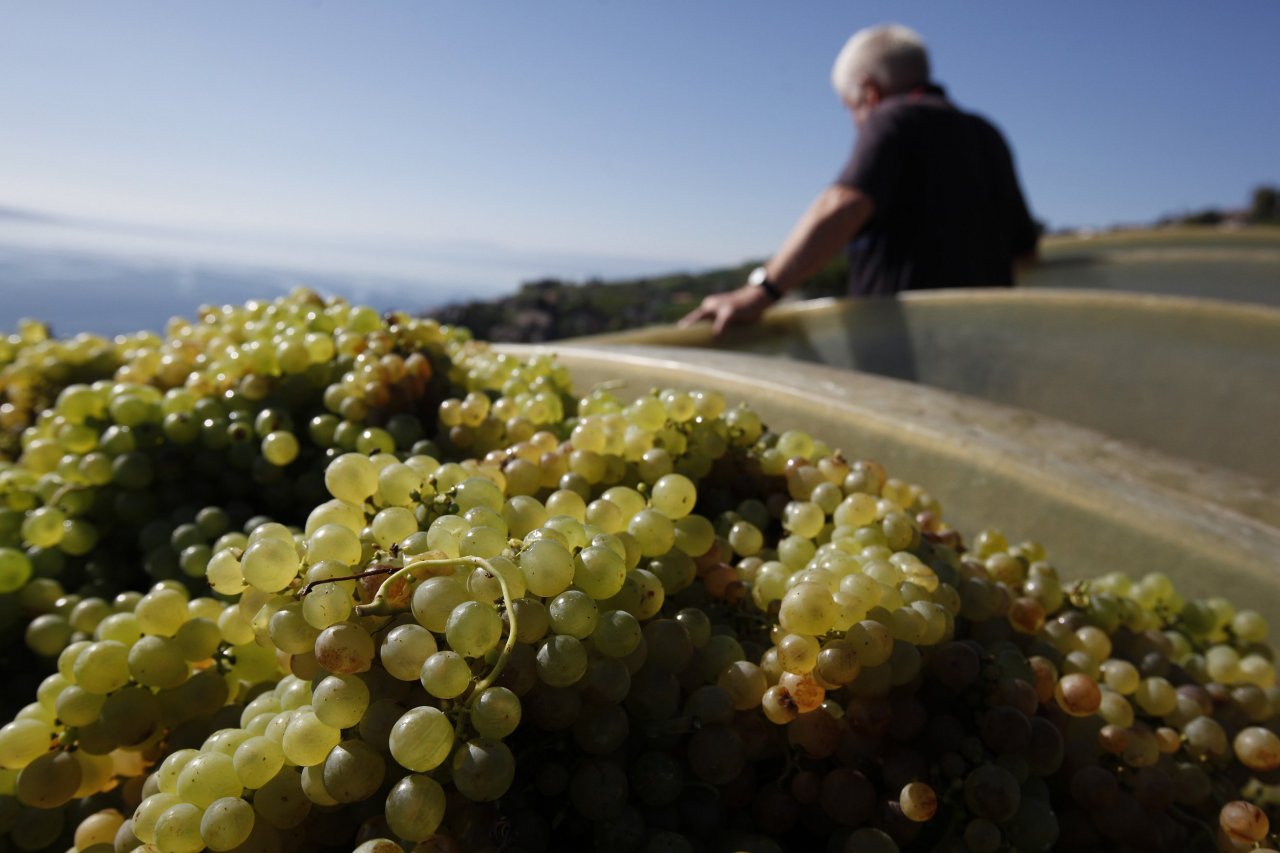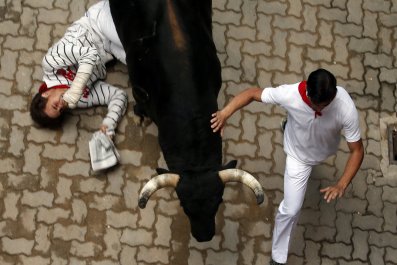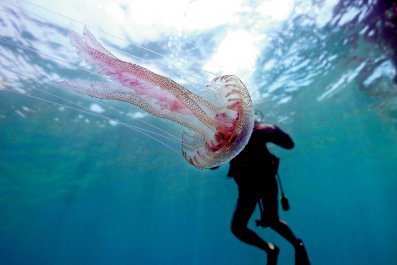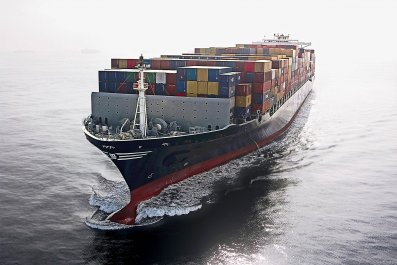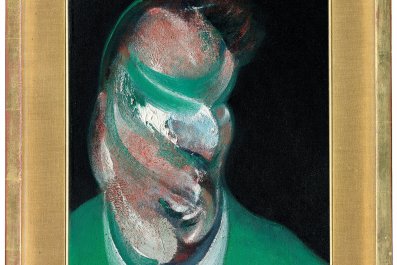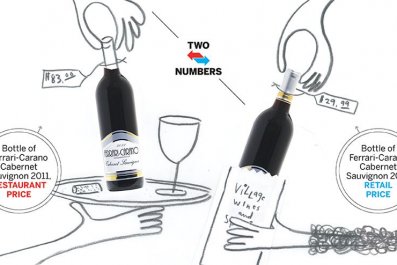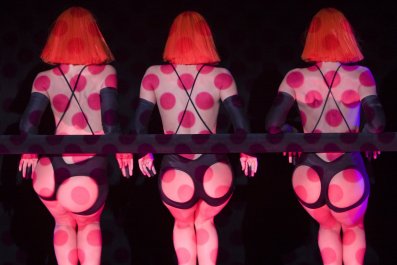There's a tendency among wine writers to keep their heads down and opt for a quiet life. That may explain why they don't tell the truth about natural wine. They never write that most of it is undrinkable. For many, it tastes like vinegar.
So what is natural wine? Let's stick to the facts and sidestep whether the name itself is an oxymoron. The natural wine movement believes that what hundreds of million people drink daily is an artificial abomination that relies on chemicals and mechanical processes that strip it of its inherent character. Instead, they believe we should drink wine made with the absolute minimum of human intervention, so that it can fully express its character.
This all sounds perfectly reasonable. It becomes more complicated because there are no agreed upon standards for what makes a wine natural. While some object to adding forms of sulphur, for others it is more important whether the yeasts used are imported or local.
The other confusing thing is that a wine can be deemed organic or even biodynamic, but have nothing to do with natural wine, as for instance Domaine Romanée-Conti, the most expensive wine in the world.
It is true that natural wine isn't on the shelves of local supermarkets, or probably even at a wine merchant. We come across it in considerable volume in trendy restaurants or wine bars, which often pay homage to New Nordic Cuisine, as brilliantly expounded by René Redzepi at Noma in Copenhagen. The feeling goes that if the food served in a restaurant is best when it has no pesticides and herbicides, then the same must be true for wine.
This is a noble idea. However, at this point the world divides. What natural wine devotees think is pure, clean and authentic can taste for others like putrid apple cider or just as bad – -characterless, bland and acidic. Without adequate preservatives - around 30 parts per million - wine becomes highly unstable.
Unfortunately, wine without any human intervention doesn't exist – it is purely a man-made invention and without any human interference, all you have is either grape juice or vinegar. Stephen Browett, the owner of Farr Vintners, the largest broker of fine wine in the world, is baffled by the natural wine movement. "Our trade in natural wine is zero. I am quite nonplussed by it – I just don't get it. Everyone who is passionate about food and wine wants the least amount of human intervention possible. We all know what factory farming does to the quality of meat and we all know what herbicides and pesticides do to the quality of fruit and vegetables. The problem with wine is that it is not just a fruit product. It is more than just grapes and you can't make wine without human intervention, unlike cows or carrots. The natural wine movement seems to think that being natural is more important than being good. If you can't deliver a consistent product, that's not much use and of course it would be a disaster if we sold it."
It's worth knowing which restaurants offer only natural wine, if only to avoid them. This means places like Terroirs or Ducksoup in London, Bastard in Malmö or Chateaubriand in Paris. These places serve first-rate food alongside undrinkable wine. Fortunately many restaurants have had a change of heart, now offering choice. At Noma, where the natural wine movement really took off, they sell traditional wines from world-famous producers. In London both The Dairy and Hibiscus, the two-star Michelin restaurant, have reintroduced top vintages.
If only everyone offered customers such variety. I suffered at the hands of a natural wine zealot recently in Paris, where I was eating at one of the very best new style of restaurants that prides itself on innovative cuisine at affordable prices and is booked for weeks in advance. I was left in the capable hands of the chief sommelier. I told her that I had a weakness for Burgundy, but would be happy with anything she chose – as long as it was not natural wine.
When it came to the white wine, I was told: "This is better than Burgundy." I had noticed that the wine list had several superb wines from the late Didier Dagueneau, a wild man who made extraordinary Pouilly-Fumé. I was expecting something sensational.
Alas, I was served only natural wine, which was sometimes drinkable in a bland one-dimensional sort of way, but usually verged on the disgusting. I drank a silent toast to the late, great Didier Dagueneau. How I miss him.
This article orignally referred to the element sulphur being added to wine, which it is not. What is in fact added is potassium metabisulphite or forms of sulphur dioxide, and the text was edited to better reflect this.



